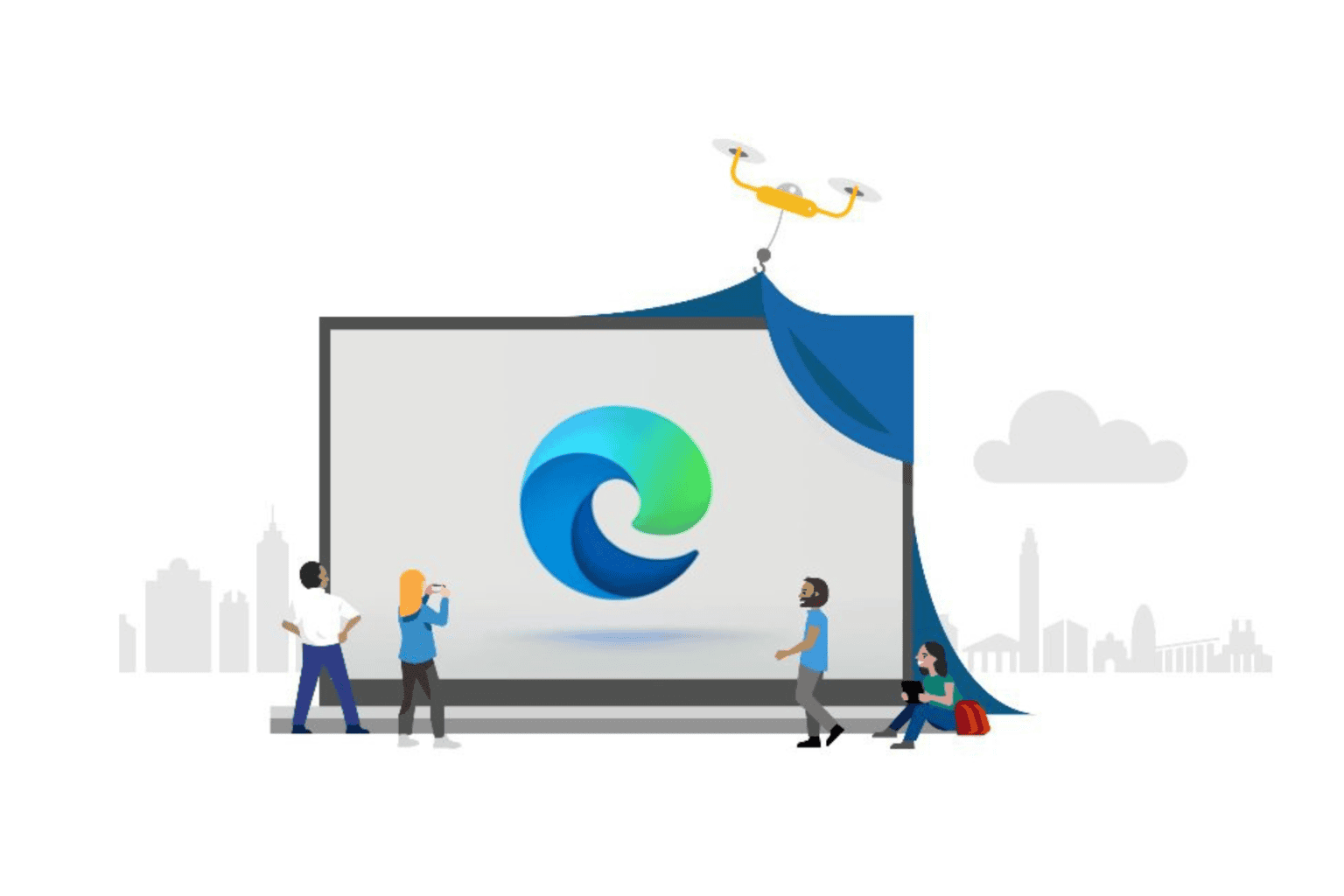Hackers promote fake AI pages via Facebook ads to trick you
One of the most used services is MidJourney AI
2 min. read
Published on
Read our disclosure page to find out how can you help Windows Report sustain the editorial team. Read more

Wrongdoers discovered a new way to trick you into downloading their malware. This time, they use fake AI pages via Facebook ads to trick you into accessing their malicious link. Yet, you might see other fake AI accounts, such as DALL-E, Sora, MidJurney, and ChatGPT-5.
It is not the first attempt by threat actors to exploit Facebook ads services. A while ago, they tried to trick people with fake job offerings. Thus, carefully analyze the URLs and their sources before accessing them.
How are threat actors using fake AI pages to inflict malware?
Cybercriminals promote fake AI pages and attract users by offering limited-time access to upcoming products. Sometimes, they showcase a desktop application that doesn’t exist. Additionally, they might promote an NFT-related opportunity, such as generation and monetization.
Threat actors will try all sorts of tricks to gain your trust. Then, by accessing their malicious links, they will send you to a fake AI website similar to the real one. However, this one will most likely feature download buttons and irresistible offers.
After they infect your device, threat actors can use the malware to steal credentials, cryptocurrency, cookies, credit card information, and more. Afterward, they sell your information on the dark web. Then, other wrongdoers use your information to commit fraud or conduct scams.
One of the most recent cases of hackers using fake AI pages happened with MidJourney. According to Bitdefender specialists, the fake Midjourney page had 1.2 million followers. Additionally, wrongdoers used it in a Facebook ads campaign targeting users aged between 25 and 55. On top of that, the ad reached 500,000 Europeans.
Unfortunately, cybercriminals created dozens of fake AI pages, most of which seem legitimate. They regularly post updates and features about the AI service they mimic to enhance their credibility. Also, to spread malware, they used a GoFile link. Even if Facebook is removing fake accounts, hackers create more.
Ultimately, unmoderated communities and unchecked pages lead to the propagation of data-stealing malware. Thus, threat actors can freely exploit tools like Facebook ads to increase the follower count for their fake AI pages and trick us. So, the best way to defend yourself is to avoid opening links.
What are your thoughts? Did you encounter suspicious Facebook ads or fake AI pages? Let us know in the comments.








User forum
0 messages